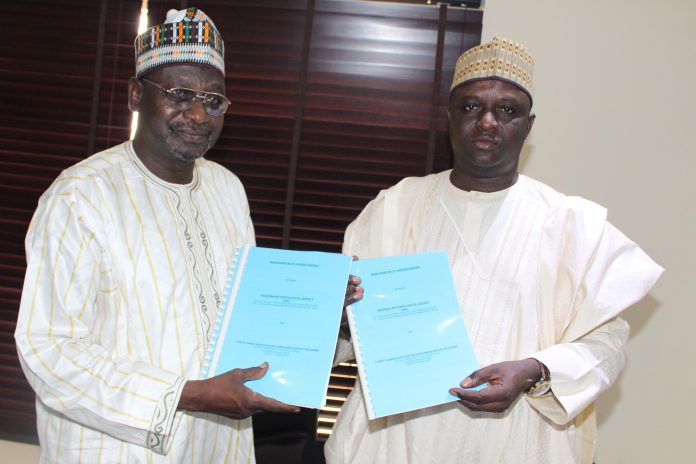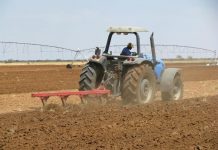
By Innocent Onoh
Nigeria seems to be on the verge of overcoming agricultural setbacks induced by climate change, thus increasing food production as well as checking the huge post-harvest losses that are usually blamed for the food insecurity in the country.
This followed the signing of a Memorandum of Understanding between the Meteorological Agency (NiMet) and the International Fund for Agricultural Development on Climate Change Adaptation and Agri-Business Support Program (IFAD-CASP).
A statement by the General Manager, Public Relations Unit, Mr. Muntari Ibrahim, last Tuesday in Abuja, said the MoU has a renewable life span of four years. The statement quoted the Director-General of NiMet, Prof. Sani Mashi, as saying that the MoU was aimed at improving agricultural yields, mitigating the vagaries associated with climate change and reducing the risk of crop failure.
According to the statement, “The key components of the MoU include prediction of rainfall establishment, rainfall variability, dry spells and length of raining season for sustainable agriculture. Another component, is the installation of NiMet applications to CASP smart phones for real-time climate and weather information in the designated program areas’’.
Prof. Mashi stated that the MoU would also cover the development of crop calendars in line with the value chain crops adopted by the selected communities. “It also included training of Extension Workers, Climate Change Officers and Community development associations in the analysis and interpretation of the Seasonal Rainfall Prediction (SRP) in selected CASP states.
In the words of the agency’s boss, “The programs of IFAD are in tandem with NiMet’s core mandate, which are geared towards poverty reduction, increase in food security and accelerated economic growth on a sustainable basis”. He listed the states covered by the program as Katsina, Borno, Sokoto, Yobe, Kebbi, Zamfara and Jigawa. “These states are to benefit from the IFAD/NiMet symbiotic relationship, which will reduce the losses incurred by farmers in the states over the years as a result of climate change and weather uncertainties.”
The National Program Coordinator, CASP, Muhammad Idah, said the synergy between the two organisations across the aforementioned northern states would be downscaled to cover 104 local government areas and 727 villages. Alhaji Idah explained that the synergy would enable the agencies to provide climate change adaptation and resilience information to the farmers to manage and coordinate their farming practice.

















